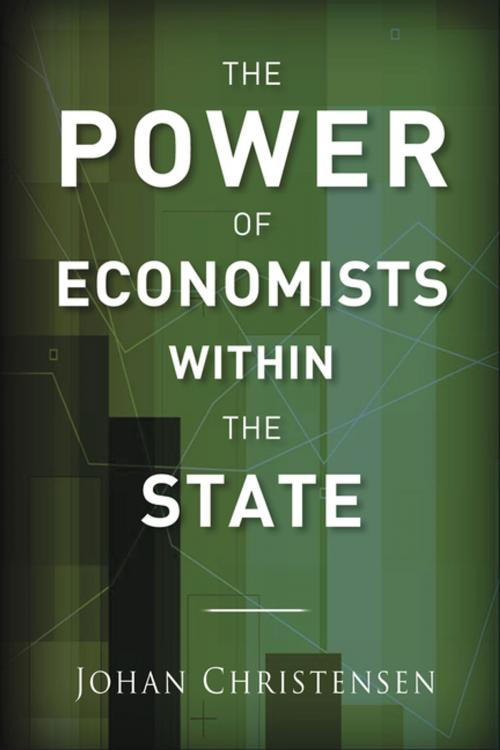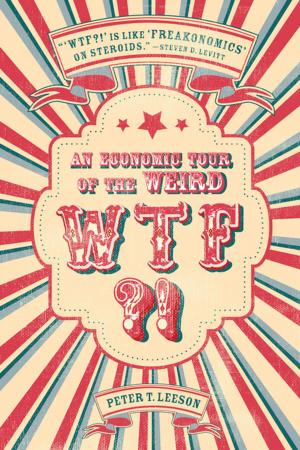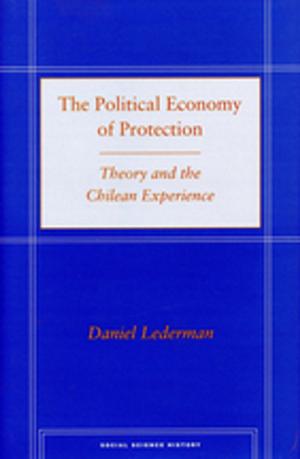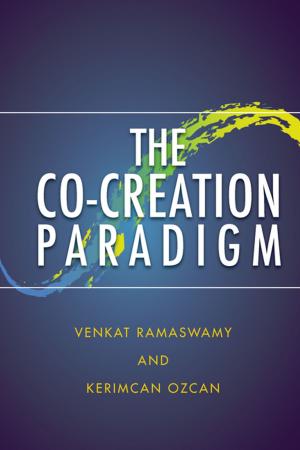The Power of Economists within the State
Nonfiction, Social & Cultural Studies, Social Science, Sociology| Author: | Johan Christensen | ISBN: | 9781503601857 |
| Publisher: | Stanford University Press | Publication: | April 11, 2017 |
| Imprint: | Stanford University Press | Language: | English |
| Author: | Johan Christensen |
| ISBN: | 9781503601857 |
| Publisher: | Stanford University Press |
| Publication: | April 11, 2017 |
| Imprint: | Stanford University Press |
| Language: | English |
The spread of market-oriented reforms has been one of the major political and economic trends of the late twentieth and early twenty-first centuries. Governments have, to varying degrees, adopted policies that have led to deregulation: the liberalization of trade; the privatization of state entities; and low-rate, broad-base taxes. Yet some countries embraced these policies more than others.
Johan Christensen examines one major contributor to this disparity: the entrenchment of U.S.-trained, neoclassical economists in political institutions the world over. While previous studies have highlighted the role of political parties and production regimes, Christensen uses comparative case studies of New Zealand, Ireland, Norway, and Denmark to show how the influence of economists affected the extent to which each nation adopted market-oriented tax policies. He finds that, in countries where economic experts held powerful positions, neoclassical economics broke through with greater force. Drawing on revealing interviews with 80 policy elites, he examines the specific ways in which economists shaped reforms, relying on an activist approach to policymaking and the perceived utility of their science to drive change.
The spread of market-oriented reforms has been one of the major political and economic trends of the late twentieth and early twenty-first centuries. Governments have, to varying degrees, adopted policies that have led to deregulation: the liberalization of trade; the privatization of state entities; and low-rate, broad-base taxes. Yet some countries embraced these policies more than others.
Johan Christensen examines one major contributor to this disparity: the entrenchment of U.S.-trained, neoclassical economists in political institutions the world over. While previous studies have highlighted the role of political parties and production regimes, Christensen uses comparative case studies of New Zealand, Ireland, Norway, and Denmark to show how the influence of economists affected the extent to which each nation adopted market-oriented tax policies. He finds that, in countries where economic experts held powerful positions, neoclassical economics broke through with greater force. Drawing on revealing interviews with 80 policy elites, he examines the specific ways in which economists shaped reforms, relying on an activist approach to policymaking and the perceived utility of their science to drive change.















